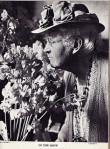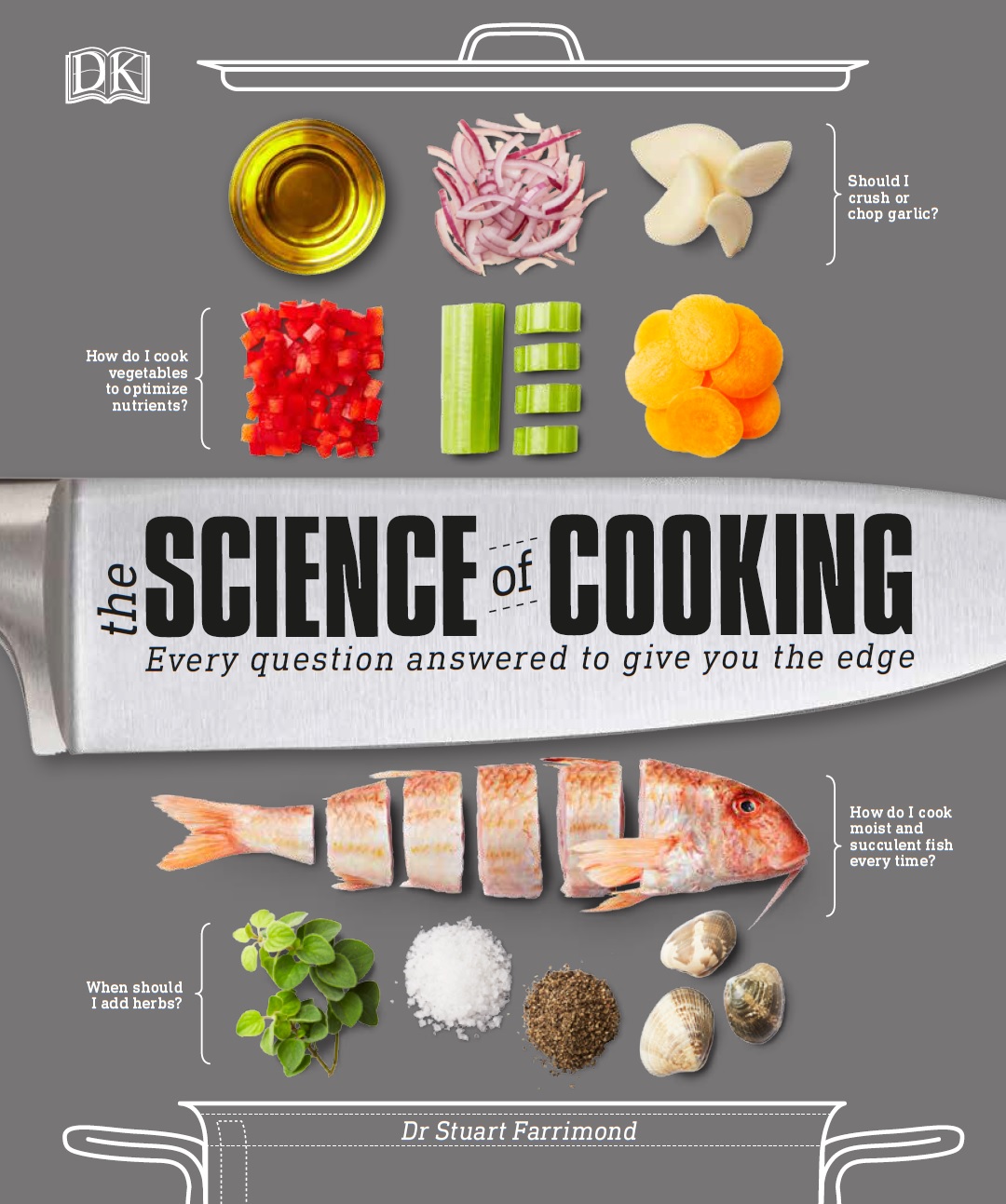 Freshly cut grass, rain falling on sun-baked tarmac, the cologne of your first love… we all have smells that stir up special, personal memories. For me, the smell of wood smoke evokes memories of camping as a child. A close friend told me that, for him, even the faintest whiff of a burning mosquito coil reminds him of living in Africa when he was five. Smelling is the most primitive of all our abilities and is the first sense we use from the moment we are born. Yet for people whose faculties are failing with age, an aroma can be the key to unlocking memories long forgotten.
Freshly cut grass, rain falling on sun-baked tarmac, the cologne of your first love… we all have smells that stir up special, personal memories. For me, the smell of wood smoke evokes memories of camping as a child. A close friend told me that, for him, even the faintest whiff of a burning mosquito coil reminds him of living in Africa when he was five. Smelling is the most primitive of all our abilities and is the first sense we use from the moment we are born. Yet for people whose faculties are failing with age, an aroma can be the key to unlocking memories long forgotten.
Unless the farmers happen to be spreading muck, we don’t normally pay much attention to what wafts up our nose. For although we humans have nimble minds and agile fingers, our sense of smell is puny. In the roof of our nasal cavity is a small smell-sensing piece of tissue – the olfactory epithelium. In a human, this is about as big as a postage stamp. In a dog, it is twenty times bigger.
So while you will struggle to smell a teaspoon of sugar in a cup of coffee, a dog could pick it out from two Olympic-sized swimming pools. Or, incredibly, he could whiff out one rotten apple in two million barrels.
And yet despite being one of Nature’s feeblest smellers, we are still able to discern a lot with our nose: an incredible 1 trillion different smells, no less. (Coffee, dog poo, popcorn. 999,999,999,997 others.) Each of these odours takes a special route into the brain – not into the ‘thinking’ parts of our brain, but along nerves that pass directly into the more primitive, ‘emotional’ regions of the brain.
What’s more, we ‘feel’ aromas before they make sense to our mind. A flower smells pleasant before we realise we’re smelling a rose; or the evening’s cooking smells good before we know what’s on the stove.
When we are young, certain smells become closely attached to emotional events. Try this: sniff a coloured crayon and see whether you can remember what it was like in your primary school. ‘Smell memories’, like these, are preserved far better and for longer than all our other recollections.
Smells, therefore, play an important part in helping others whose memories are failing. Our sense of smell dulls as we age (and is even worse in people with dementia) but those ‘smell memories’ stay untouched. And thanks to smell’s special relationship with memories and emotions, a single scent could be enough to invoke rich and vivid past experiences – ones that might otherwise be lost. The smell of flour dust could mean being back in the kitchen, helping mother to bake buns; the scent of tar could lead to being back on the dock, watching father tar the family boat; or the smell of dish soap could open the door to being with grandmother doing the washing up.
So breathe in deep and take a trip on the emotional time machine.
Thanks for reading - all opinions expressed are my own. Feel free to add your thoughts in the comments below.
Follow @realdoctorstu
Willander, J., & Larsson, M. (2006). Smell your way back to childhood: Autobiographical odor memory Psychonomic Bulletin & Review, 13 (2), 240-244 DOI: 10.3758/BF03193837










Discussion
No comments yet.